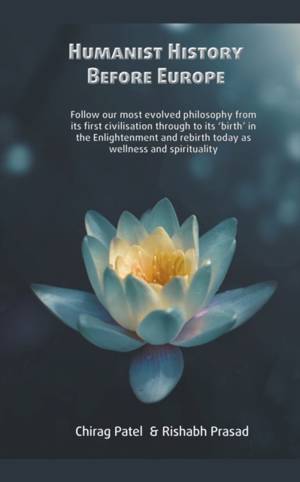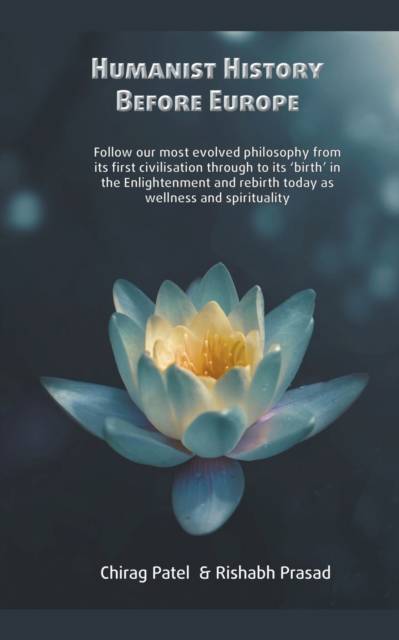
- Afhalen na 1 uur in een winkel met voorraad
- Gratis thuislevering in België vanaf € 30
- Ruim aanbod met 7 miljoen producten
- Afhalen na 1 uur in een winkel met voorraad
- Gratis thuislevering in België vanaf € 30
- Ruim aanbod met 7 miljoen producten
Omschrijving
What is humanism? For a long time, I thought I knew. I was wrong, though. I thought it was a branch of philosophy that had been born in the renaissance, and become the foundation for the Enlightenment and everything that came after.
Looking back, I see that that was horribly Eurocentric. Of course, I learned about it growing up in England, so of course I would be told it was European.
The real truth is hugely more sophisticated and ancient. Once I began to realise just how much verified contact between cultures there had been over the millennia, and how much of what I was told was humanism was a remnant of an older belief system, I knew something closer to the truth.
This is the story of a history and tradition as long and complex as any major religion, and far older than most. It has traced a conceptual path around Eurasia, holding onto remnants of each place. Today, part of humanism is the spiritual path trod in India, the ethics born in Confucianist China, and the legal system that came forth in medieval Islam.
Secular humanism has hidden much of this history from us. In insisting that humanism is a science-based, post-enlightenment European project, it has left us without the core spiritual and social components that humanism's rich history has left us.
This book aims to redress the balance by exploring Humanism's path from China, through India, the Middle East, northern Africa and finally Europe.
Specificaties
Betrokkenen
- Auteur(s):
- Uitgeverij:
Inhoud
- Aantal bladzijden:
- 148
- Taal:
- Engels
- Reeks:
- Reeksnummer:
- nr. 6
Eigenschappen
- Productcode (EAN):
- 9781393698494
- Verschijningsdatum:
- 22/09/2020
- Uitvoering:
- Paperback
- Formaat:
- Trade paperback (VS)
- Afmetingen:
- 127 mm x 203 mm
- Gewicht:
- 167 g

Alleen bij Standaard Boekhandel
Beoordelingen
We publiceren alleen reviews die voldoen aan de voorwaarden voor reviews. Bekijk onze voorwaarden voor reviews.











